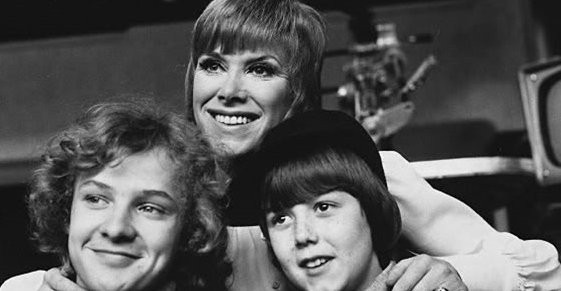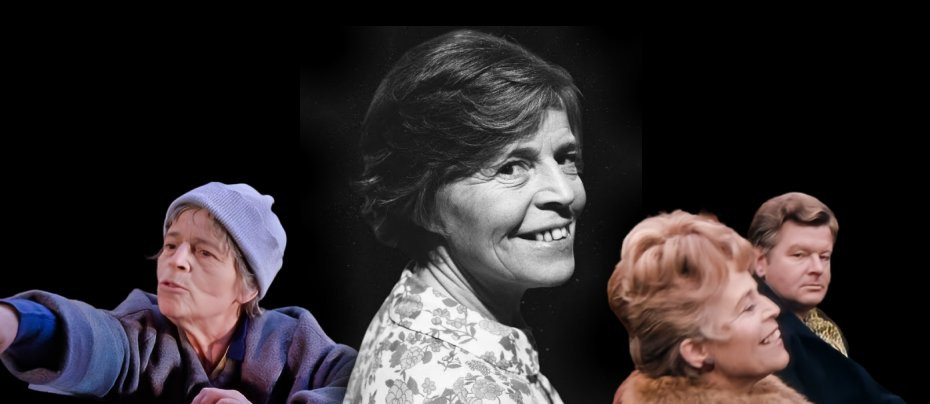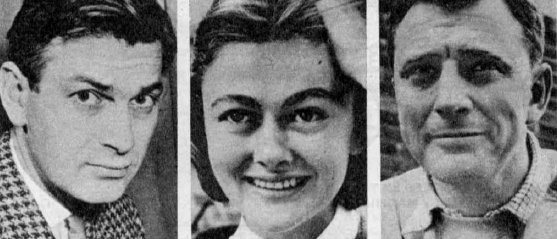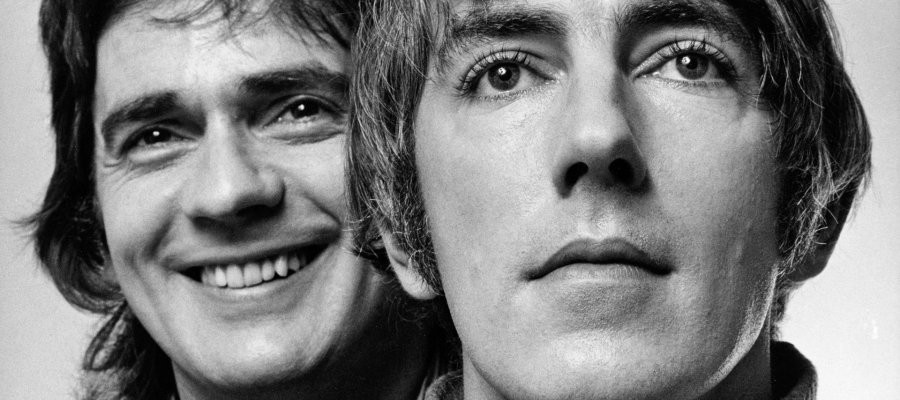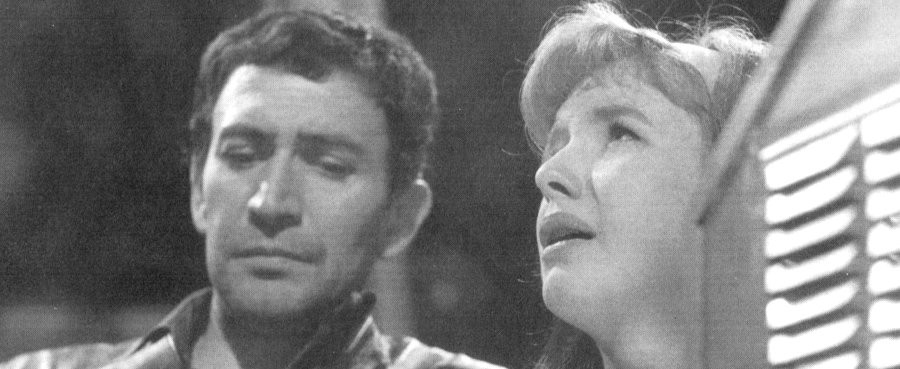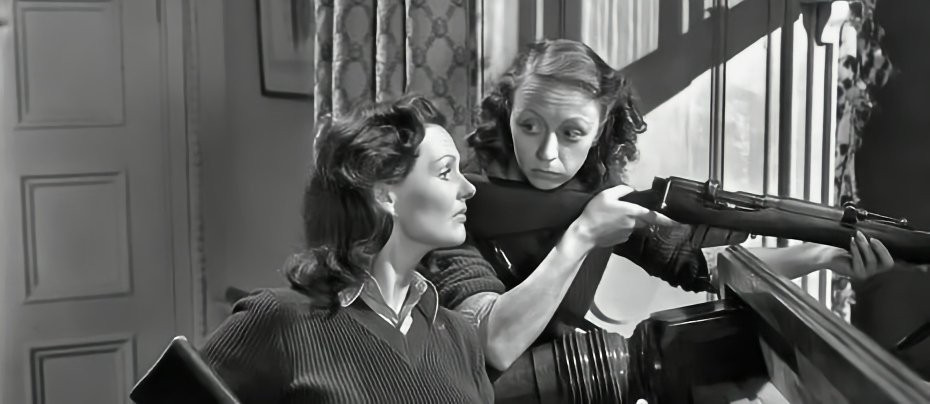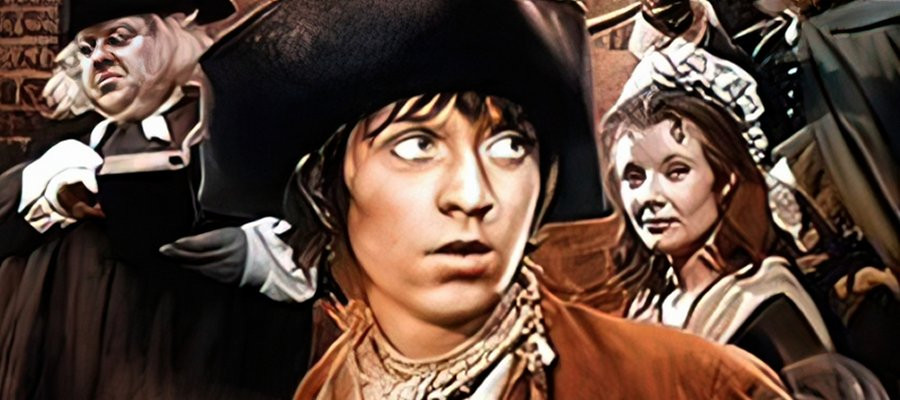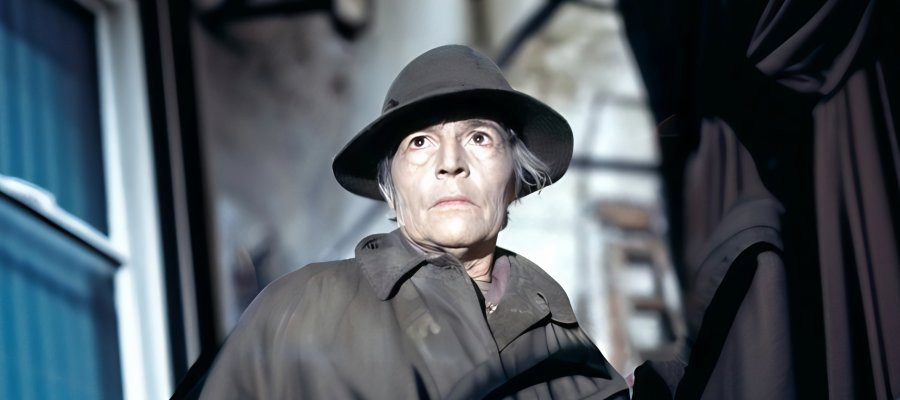
Edna, The Inebriate Woman
1971 - United KingdomEdna, the Inebriate Woman is a deeply affecting drama that explores the harsh realities faced by homeless women in Britain during the early 1970s. Written by Jeremy Sandford, who also penned the groundbreaking Cathy Come Home, this gritty, unflinching portrayal of social disenfranchisement is a powerful testament to both the strength and vulnerability of those pushed to the fringes of society.
The drama follows the story of Edna, a woman caught in a relentless cycle of poverty, mental health issues, institutionalisation, and alcohol dependency. Edna is not a caricature of the so-called ‘welfare scrounger’; rather, she is presented as a complex, fully human figure whose downfall stems not from moral failure but from a systemic failure of care and support. Her repeated attempts to seek help are met with bureaucracy, indifference, and at times outright cruelty, drawing attention to the broken systems meant to protect society's most vulnerable.
In his quest for authenticity, Sandford immersed himself in the world he wished to portray. To understand the harsh realities faced by those living rough, he spent two separate fortnights living as a tramp, deliberately placing himself at the mercy of the same brutal conditions that many homeless people endure. “For two separate occasions of two weeks, I submerged myself in that nether world,” he later revealed, an act of deep commitment that would infuse the script with a sense of lived truth and emotional credibility.
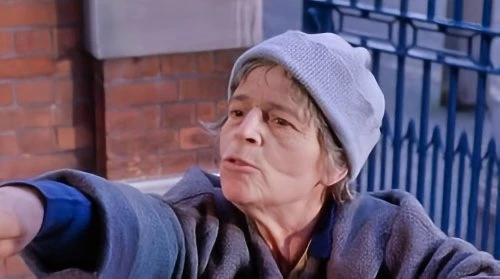
The casting of Patricia Hayes in the titular role was a deliberate and inspired choice. Known primarily for her work in comedy—often seen alongside such household names as Tony Hancock, Arthur Haynes, Frankie Howerd, and Benny Hill, Hayes was far from the typical dramatic lead. However, it was precisely this background in comedy that made her portrayal of Edna so arresting. Edna is a complex and contradictory character: abrasive, fiercely independent, often aggressive, and yet at times disarmingly humorous. This layering of personality brought a remarkable depth to the performance, elevating the role beyond mere victimhood.
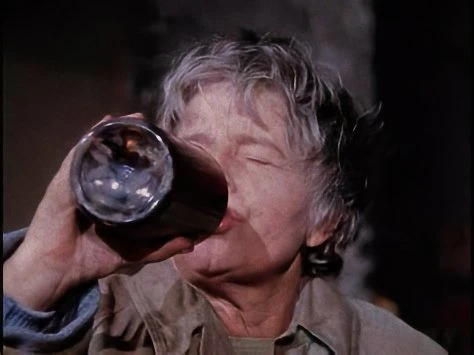
Hayes was the inspired choice of producer Irene Shubik and director Ted Kotcheff, delivering a tour de force performance that resonated with audiences and critics alike. Her Edna is a woman on the fringes, shunted from one institution to another: temporary relief in night shelters, incarceration in prison, enforced stays in psychiatric hospitals - all ultimately lead her back, time and again, to the unforgiving streets. Through it all, Edna clings desperately to what little dignity remains, making her plight both harrowing and heartbreakingly human. One cannot help but feel both admiration and sorrow as Edna oscillates between moments of lucid dignity and desperate confusion.
The strength of Edna, the Inebriate Woman lies in its documentary-style realism. The decision to film in actual locations, as in Cathy Come Home — with minimal sets and a quasi-improvised approach — lends the piece a raw authenticity that is both immediate and haunting.
In recognition of her performance, Hayes was awarded Best Actress by the Society of Film and Television Arts, a richly deserved accolade. The production itself was similarly lauded, being named Best Production at the same ceremony, while also earning honours from the Writers’ Guild of Great Britain for Best Original Television Production and the Critics' Circle Award for Best Television Play.
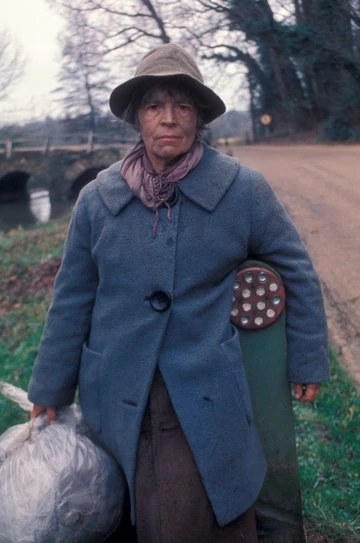
Originally titled The Lodging House, Edna, the Inebriate Woman was more than just a piece of television drama — it was a searing indictment of society's failure to care for its most vulnerable members. Stark, uncompromising, and profoundly moving, the play remains one of the most powerful depictions of marginalisation ever shown on British television. Patricia Hayes’ extraordinary portrayal of Edna transformed what could have been a bleak polemic into a deeply human story, full of both tragedy and an irrepressible spark of resilience.
Seen this show? How do you rate it?
Seen this show? How do you rate it?
Published on May 16th, 2025. Written by Laurence Marcus for Television Heaven.



